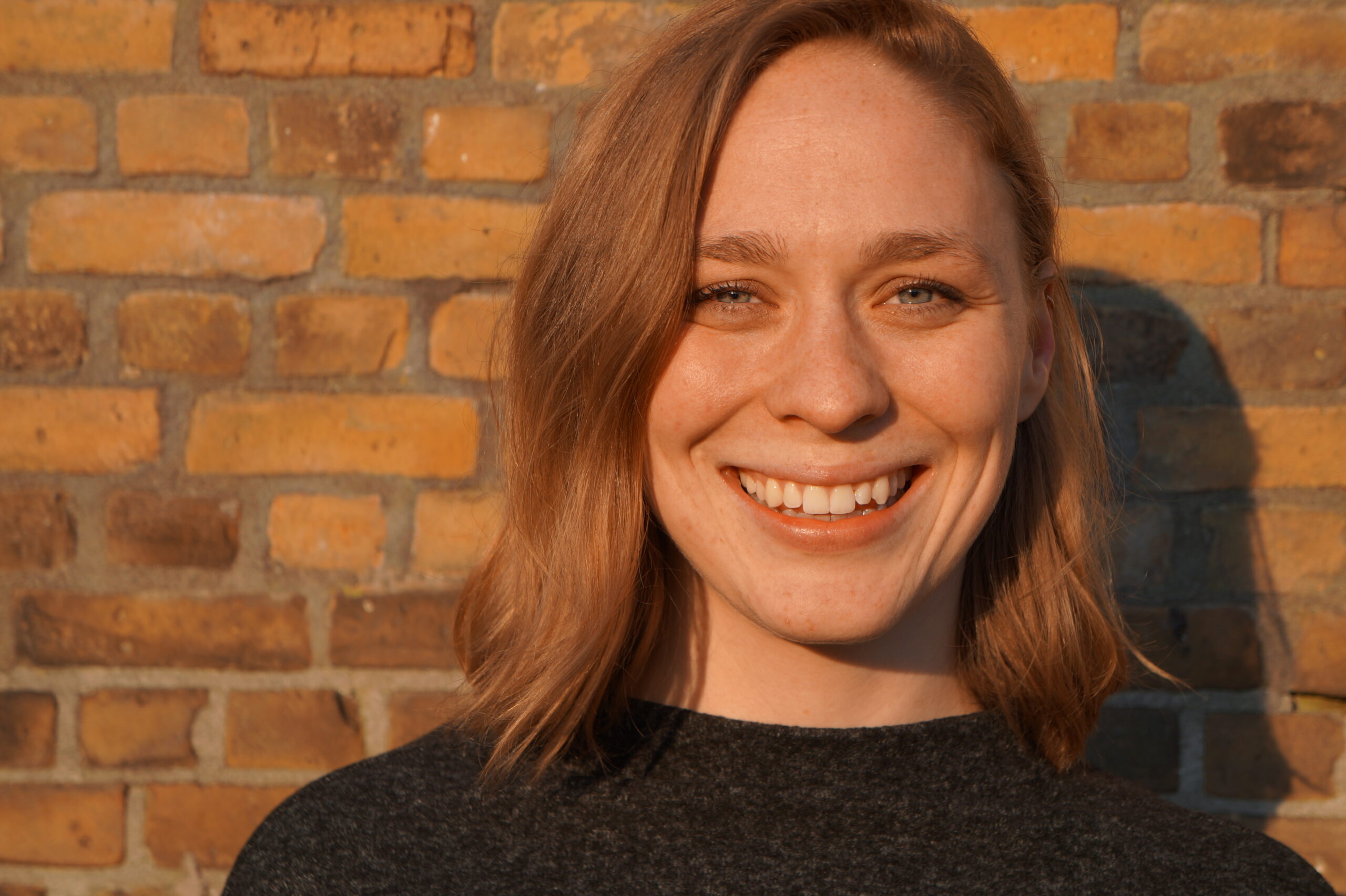Born in Germany • Studied in Münster, Germany • Highest Degree M.Sc. • Lives in Cambridge, UK • Occupation PhD Student
To be honest, I don’t really know where my fascination with maths has come from. None of my family members are doing anything related. But I remember an instance in first grade where we had a small test on multiplication tables and I got quite competitive to be the first one to finish. I think at that point I decided that I wanted to be good at maths. This didn’t really carry through all my school years, but maths kept being a subject I enjoyed. I became more interested again in secondary school when one of my teachers involved me in a maths club. Another student and I started working on a small project together which we presented at a youth research competition. This was probably the first time I really sat down and used the maths I’d learned so far to solve a specific problem. We ended up winning the local round. Ultimately, I think the support and affirmation from my teachers during my school years gave me the confidence to believe I was good enough to go on and study maths.
It fascinated me that there were highly applied fields of this very theoretical subject I was studying, and I started hoping I’d later find a job like that.
After high school I went off to university excited and full of energy, just to realise in the first two semesters that studying maths was a lot harder than I anticipated. I barely passed my exams even though I had studied a lot. It was a big adjustment to the different way of thinking, and I needed to figure out what to focus on in order to pass my classes. However, in my mind there was no option to quit. I guess my competitive side from first grade came out and I saw it as a challenge to finish my Bachelor’s. Things got better eventually, especially when we started electing more specialised courses. Throughout, there were always little things that got me excited again about doing maths. Our department organised events every semester where alumni came to present the work they do now and the companies they work for. I remember someone talking about his work in imaging and the connection of mathematics and image processing. It fascinated me that there were highly applied fields of this very theoretical subject I was studying, and I started hoping I’d later find a job like that.
“Don’t compare yourself too much. Focus on the work you’re doing and dare to go for the things that fascinate and excite you even if you don’t believe you’re capable of achieving them, yet.”
During my Master’s, it became less about just getting through the degree and more about finding interesting courses and projects. The classes were smaller, and we had more contact to the lecturers. After one of my oral exams, I was asked about my plans and what I wanted to do next. I was startled, because I didn’t quite understand why a lecturer would be interested in this. I told him that I wanted to do an internship somewhere in industry before finishing my degree. I still didn’t have a clear idea of what I wanted to do after my studies, so this seemed like a good start. He offered his support in finding an internship position. Half a year later I summoned up all my courage to chase him up on his offer and asked if he’d know a company that would take interns to work in medical imaging. I think this got the ball rolling to get to where I am now. Through his and another professor’s support I started an internship at the university and with the supervisor I am doing my PhD with now. It is still astonishing to me that it took so little as a question, to start figuring out where I wanted to go next. The research group I did my internship at was very welcoming and many shared their stories and decision-making processes with me. This probably influenced me the most. From the outside you often just see these really smart people producing amazing work. But for me it was more encouraging to see their struggles and understand that in order to do a PhD you weren’t expected to know everything already or to be a genius. I think this would also be something I’d tell my 19-year-old self before going to uni. “Don’t compare yourself too much. Focus on the work you’re doing and dare to go for the things that fascinate and excite you even if you don’t believe you’re capable of achieving them, yet.” I guess it’s something I’m still learning to this day. But I have found a group of amazing women that remind me we’re all doing the best we can, and a great research cohort that is encouraging with all the small achievements.

